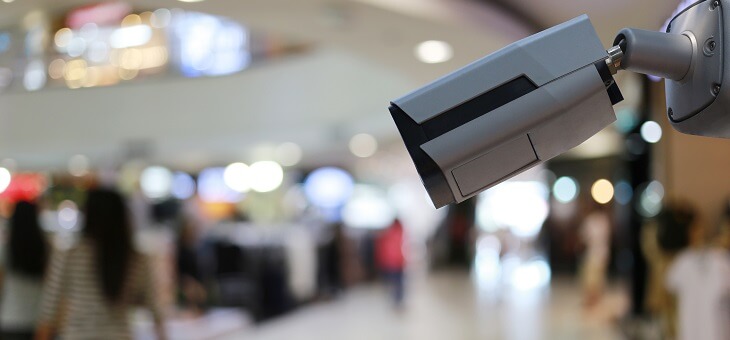Facial recognition technology is being used to identify unknowing customers in many Australian stores, according to research.
Consumer group CHOICE has conducted an investigation into 25 of Australia’s biggest retailers, including Kmart, Bunnings and The Good Guys, and found many were using facial recognition technology in stores without customers’ knowledge.
The clandestine use of the technology has alarmed CHOICE, which has referred the retailers to the Office of the Australian Information Commissioner (OAIC) to investigate potential breaches of the Privacy Act.
The OAIC has experience in this area, finding convenience store group 7-Eleven had interfered with customer privacy by collecting sensitive biometric information in 2021. 7-Eleven was ordered to destroy all existing facial data and cease collecting any more.
Facial recognition technology analyses images from video cameras in order to capture a person’s unique facial features, which are then compared to a database of images to determine who you are.
There are several reasons stores might want to use facial recognition, including security –identifying known shoplifters as they enter the store – and personalising shopping experiences.
But CHOICE says the reason why stores are collecting facial information is unclear. It claims they are not doing the right thing by customers and may, in fact, be breaking the law.
“The use of facial recognition by Kmart, Bunnings and The Good Guys is a completely inappropriate and unnecessary use of the technology,” says Kate Bower, CHOICE consumer data advocate.
“To make matters worse, we found 76 per cent of Australians aren’t aware that retailers are capturing their unique facial features in this way.
“Using facial recognition technology in this way is similar to Kmart, Bunnings or The Good Guys collecting your fingerprints or DNA every time you shop. Businesses using invasive technologies to capture their customers’ sensitive biometric information is unethical and is a sure way to erode consumer trust.”
Both Bunnings and Kmart have written conditions of entry placed at the entrance to their stores which inform customers they may be subject to facial recognition, but Ms Bower says the tiny signs and their associated online privacy policies don’t go far enough to reassure shoppers.
“Discreet signage and online privacy policies are not nearly enough to adequately inform shoppers that this controversial technology is in use. The technology is capturing highly personal data from customers, including infants and children,” she says.
The analysis also looked at the attitudes of shoppers towards the technology, and unsurprisingly many had concerns about how their data was being handled.
More than four out of five respondents (83 per cent) said retailers should properly inform customers about their use of facial recognition technology.
Almost 78 per cent had concerns about how their biometric data was being stored, while three-quarters were concerned companies would use their data to create customer profiles for the purposes of marketing or profit.
CHOICE is calling on the federal government to implement new regulations to protect consumers from what it calls “harmful and unfair practices”.
“CHOICE is concerned that Australian businesses are using facial recognition technology on consumers before Australians have had their say on its use in our community,” Ms Bower says.
“With the government currently undergoing a review of the Privacy Act, now is the perfect time to strengthen measures around the capture and use of consumer data, including biometric data.”
If you enjoy our content, don’t keep it to yourself. Share our free eNews with your friends and encourage them to sign up.

